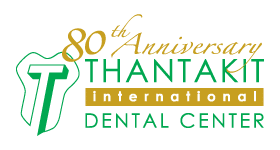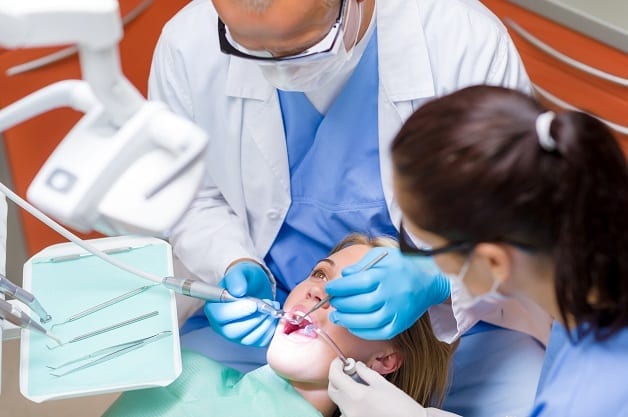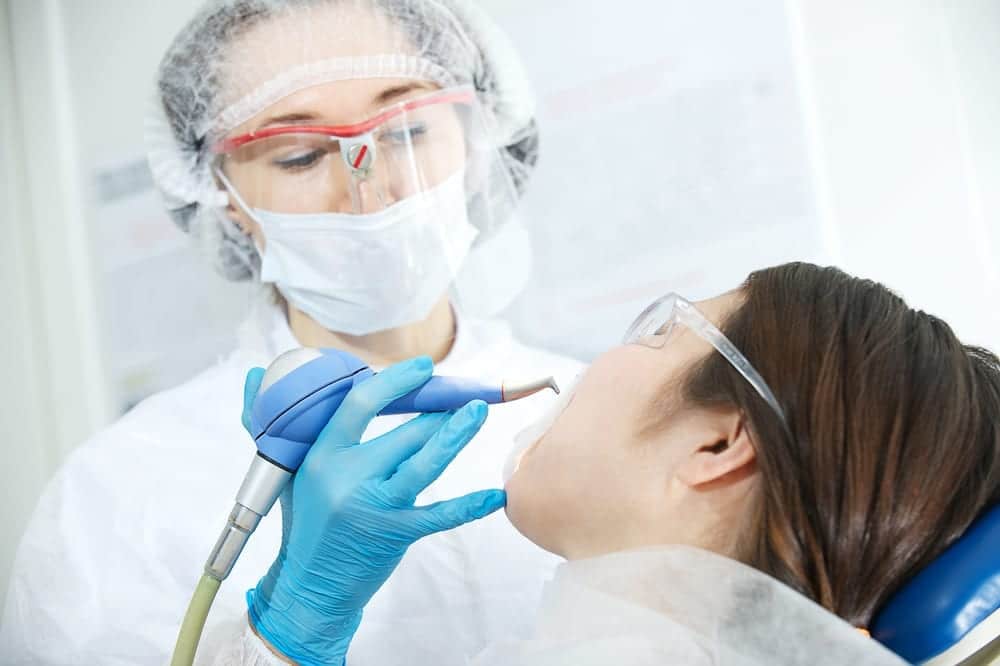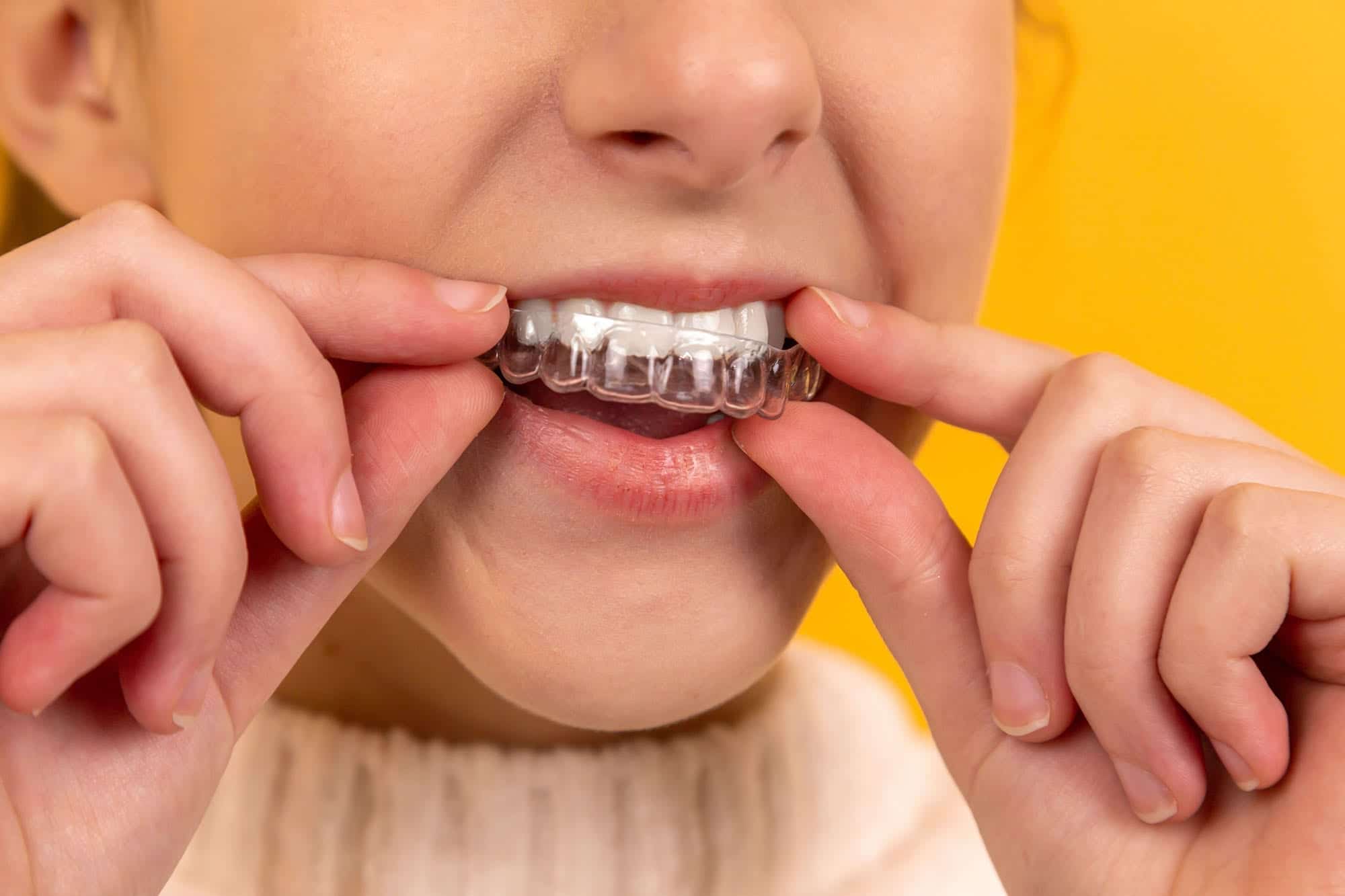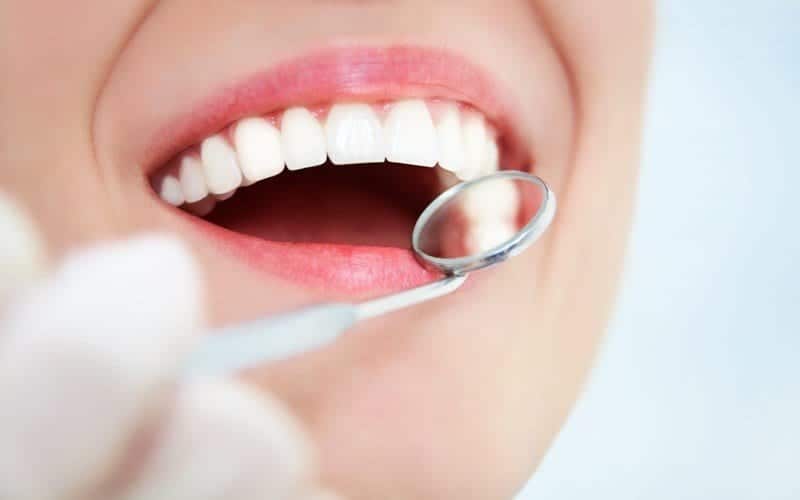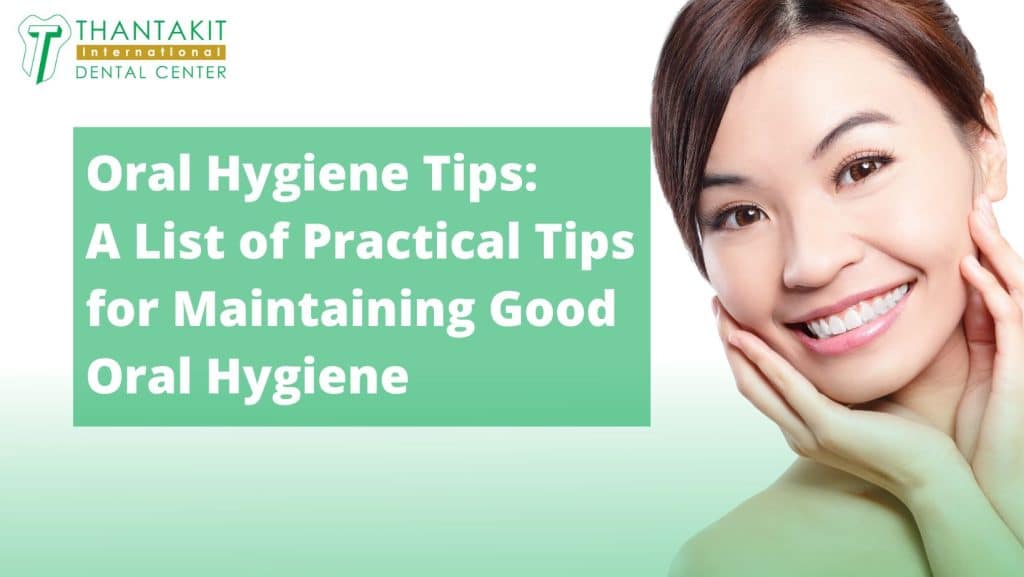Oral Hygiene Tips: A list of practical tips for maintaining good oral hygiene, including brushing and flossing techniques, choosing the right toothbrush and toothpaste, and avoiding bad habits that can harm teeth.
You’ve heard that very popular saying comparing an ounce of prevention and a pound of cure, right? The same also applies to oral hygiene.
If you wish to avoid dental issues in the future when you’re older, it’s essential to maintain your oral health at present. On that note, how should you properly handle your oral health changes as you age? This blog shares a list of practical oral hygiene tips that can help.
Page Contents
Brushing and Flossing Techniques
As you age, your risk of developing issues like heart disease or diabetes rises. Also, did you know that unhealthy teeth and gums can result in those conditions as complications? Therefore, you should keep such illnesses at bay by caring for your teeth.
Certain medications can also cause side effects that compromise your dental health. Regardless, follow the brushing and flossing advice below to maintain your gingival, dental, and oral health when push comes to shove.
-
Brushing and Flossing Helps with Plaque Removal: You need to brush and floss regularly to mitigate the build-up of plaque, which is a sticky film composed of sugars, starch, and bacteria on the teeth’s surface that cause tooth decay.
-
Brush Regularly with Fluoride Toothpaste: Use fluoride toothpaste when brushing your teeth. You should also brush daily to make a habit out of positive behavior. Specifically, you should brush your teeth at least twice a day.
-
Brush Your Teeth in the Morning and at Night: To make it easy to remember when to brush your teeth, brush after breakfast and before bedtime. This will help you form a solid oral hygiene regimen without needing to recall a specific hour.
-
Remove Plaque and Food Bits with Proper Flossing: The proper technique when it comes to flossing is not to reuse the same piece of floss on every tooth. Instead, use a different part of a long strip of floss on every individual tooth to avoid transferring plaque from one place to another.
-
The Importance of Daily Flossing: Daily flossing and plaque scraping prevent plaque buildup and remove pieces of food stuck between your teeth before they feed the bacteria in your mouth by rotting.
-
Special Flosses Available: If flossing with regular dental floss is difficult for you, you can avail of a special floss brush or pick from your dentist instead, making it easier to floss across individual teeth.
-
Plaque is Quite Dangerous to Your Teeth: Plaque is dangerous to your teeth because it produces acidic waste products that weaken the enamel and eat away at the minerals that keep it strong and rigid. This then results in gingivitis, tooth decay, and cavities.
-
Watch Out for Any Changes in Your Mouth: Go to the dentist in case there are some significant changes inside your mouth. Those changes may actually be symptoms of an underlying disease, such as oral cancer. Get your dentist to inspect your mouth to be on the safe side.
-
Symptoms to Watch Out For: Have a dentist, dental hygienist, or TMJ doctor check out your mouth if you have the following symptoms for more than two weeks.
- If your tongue or mouth feels numb or lacks sensation.
- If there’s thickness or a lump within your throat, lip, or mouth.
- If one of your ears hurts, but you haven’t lost any hearing from it.
- If there are white or red patches inside the gum area or the walls of your mouth.
- If you have issues swallowing, chewing, or moving food with your jaw, teeth, or tongue.
- If you have a swollen jaw or there’s swelling around the jaw’s surrounding area.
- If you have sore spots on your throat, mouth, or lip that linger (so they’re not just canker sores).
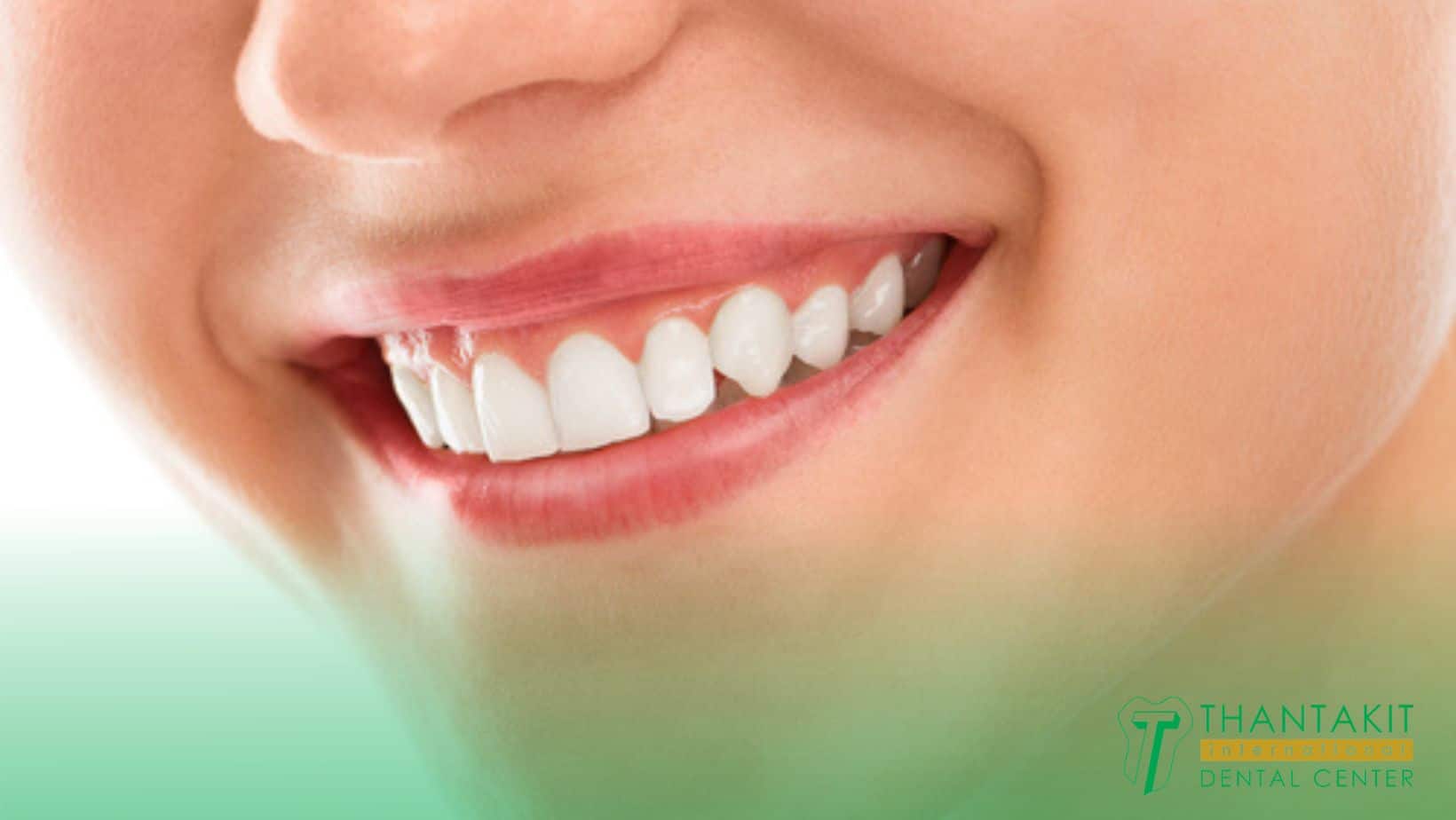
Choosing the Right Toothbrush and Toothpaste
Choosing which toothbrush and toothpaste to get for yourself can be confusing because you have so many options in the market varying in style, shape, and size. However, it’s important to remember what to look for regardless.
The best toothbrush for you is one that doesn’t leave you with an aching mouth afterward. The instrument should be gentle on your teeth and gums and comfortable to use at the same time.
-
Types of Brush Heads: Brushes that don’t have too broad a head are preferable because those can fit through every nook and cranny of your mouth, including those hard-to-reach back teeth or molars.
- Tapered Head: Small-headed brushes with pointy heads can fit inside your teeth better because of their shape. These types of brushes are designed to move better into the corners of your mouth.
- Rectangular Head: Standard rectangular head brushes allow you to cover a wider area faster, particularly if you have bigger and broader teeth compared to others.
-
Types of Brush Handles: You have multiple toothbrush’ handles to choose from with their own respective sets of benefits and advantages.
- Non-Slip Grip: This gives you an ergonomic grip on the handle, so your hands don’t tire as quickly when brushing.
- Flexible Neck: The toothbrush can reach and brush your teeth at various angles due to its neck flexibility.
-
Types of Bristles: Brushing your teeth should be done gently yet firmly. You’re not supposed to scratch or remove the enamel. You only want to remove debris and plaque from your teeth using the softest bristles.
- Flat: This is the standard brush type. While other bristle variants offer more ergonomic brushing action, this type gives you serviceable results.
- Rippled: Aside from soft bristles, you can also avail yourself of rippled bristles that undulate in waves when you brush your teeth up and down and back and forth.
- Dome Shape: There are also bristles trimmed to a dome shape, making it easier to do the dentist-recommended circular wipe brushing movement of your teeth.
-
Electric Toothbrush: For many patients out there, a powered or electric toothbrush works best because it helps prevent overly vigorous brushing that could damage enamel.
The toothbrush brushes your teeth for you with the right vigor—it doesn’t go too hard or too soft on your teeth. This instrument is highly recommended for those lacking manual dexterity to brush on their own power.
-
How Often Should You Replace Your Toothbrush? Replace your toothbrush once every three months or as soon as it begins showing signs of wear and tear. Three months is a good rule of thumb because the bristles might already be populated with plaque and germs and are no longer as easy to clean by then.
-
How to Choose Toothpaste: Tubes of toothpaste can come in paste or gel form. It can taste like bubblegum, mint, and other flavors. It’s essential to use toothpaste with fluoride and calcium as part of its ingredients to safeguard your teeth from cavities.
Fluoride is a natural mineral that fights against dental caries by reinforcing and hardening your tooth’s enamel or outer shell. You mainly need it after the plaque’s acidic waste has eaten away at the enamel’s calcium and other minerals.

Avoiding Bad Habits That Can Harm Teeth
You should be aware of the dos and don’ts of oral, gingival, and dental health. In particular, knowing the bad habits that can harm your teeth and avoiding them can produce a net positive in terms of preventative maintenance of your teeth.
You should follow more positive habits, like eating healthier with more greens and vegetables instead of junk food and sugary desserts. Cut down on things like soda, fast food, sweets, and cakes to prevent cavity formation.
To be more specific, avoid the following things.
-
Smoking and Chewing Tobacco: Tobacco products like cigarettes, cigars, pipes with tobacco in them, e-cigs with nicotine, snuff, and chewing tobacco can ruin your oral health significantly or even result in gum disease and oral cancer.
-
Drinking Alcohol: If you thought soft drinks could compromise your teeth, then what more hard drinks or alcohol? Drinking alcohol doesn’t only compromise the health of your liver.
It also makes your teeth weaker and your gums more prone to infection. Cut down your drinks to a maximum of two glasses per day if you’re male or one glass if you’re female. (If you need another reason to do this, note that you’ll increase your risk of getting cancer if you indulge in heavy drinking or binge drinking).
-
Nail Biting: This nervous habit can chip away at the edges of your front teeth and impact the health of your jaw. Nail biting also exposes your mouth to germs from the dirt under your nails. Mitigate nail biting by putting bitter nail polish on your nails. You can also develop other ways of managing stress.
-
Teeth Grinding: Bruxism or teeth grinding is when you have a subconscious tendency to grind or gnash your teeth with each other to relieve your anxiety or stress. Bruxism can wear down your teeth down to the dentin layer.
A worn-down tooth is more susceptible to decay, pain, and sensitivity. Talk to your dentist about getting a mouth guard, applying therapeutic Botox, or practicing stress management exercises to mitigate your teeth-grinding tendencies.
-
Using Teeth as Tools: Don’t use your teeth for anything they’re not designed for. For example, you can break your teeth if you try to use them as bottle openers. Don’t use your incisors to cut off a price tag when the world has plenty of scissors designed to do that job. Keep real tools handy to avoid damaging your pearly whites.
-
Biting and Chewing Foreign Objects: You can consider this a continuation of the previous entry. Don’t bite and chew on foreign objects. For example, avoid chewing on the tip of a pencil or the temple tips of your eyeglasses.
There are better ways to focus on difficult tasks than doing such questionable actions. Thoughtlessly chewing on things can put pressure on your teeth, causing them to shift or crack. What’s more, those objects can have bacteria on them, which can then infect your mouth and gums.
-
Chewing Ice Cubes: Ice is as solid as rocks and as cold as winter. This deadly combination can cause your teeth to fracture easily and damage the enamel when you chew on ice. Prevent indulging in this bad habit by drinking through a straw or drinking a chilled beverage lacking solid ice cubes.
-
Frequent Snacking: The more frequently you snack, the more likely you’ll develop teeth-decaying plaque and tartar. Brush your teeth regularly to reduce the amount of leftover food particles in your mouth that could erode your teeth’s enamel.
Instead of frequently snacking on junk food (that has zero nutritional value for you anyway), you should eat balanced, protein-rich meals and drink plenty of water. Doing this will help wash away food particles even before you brush your teeth.
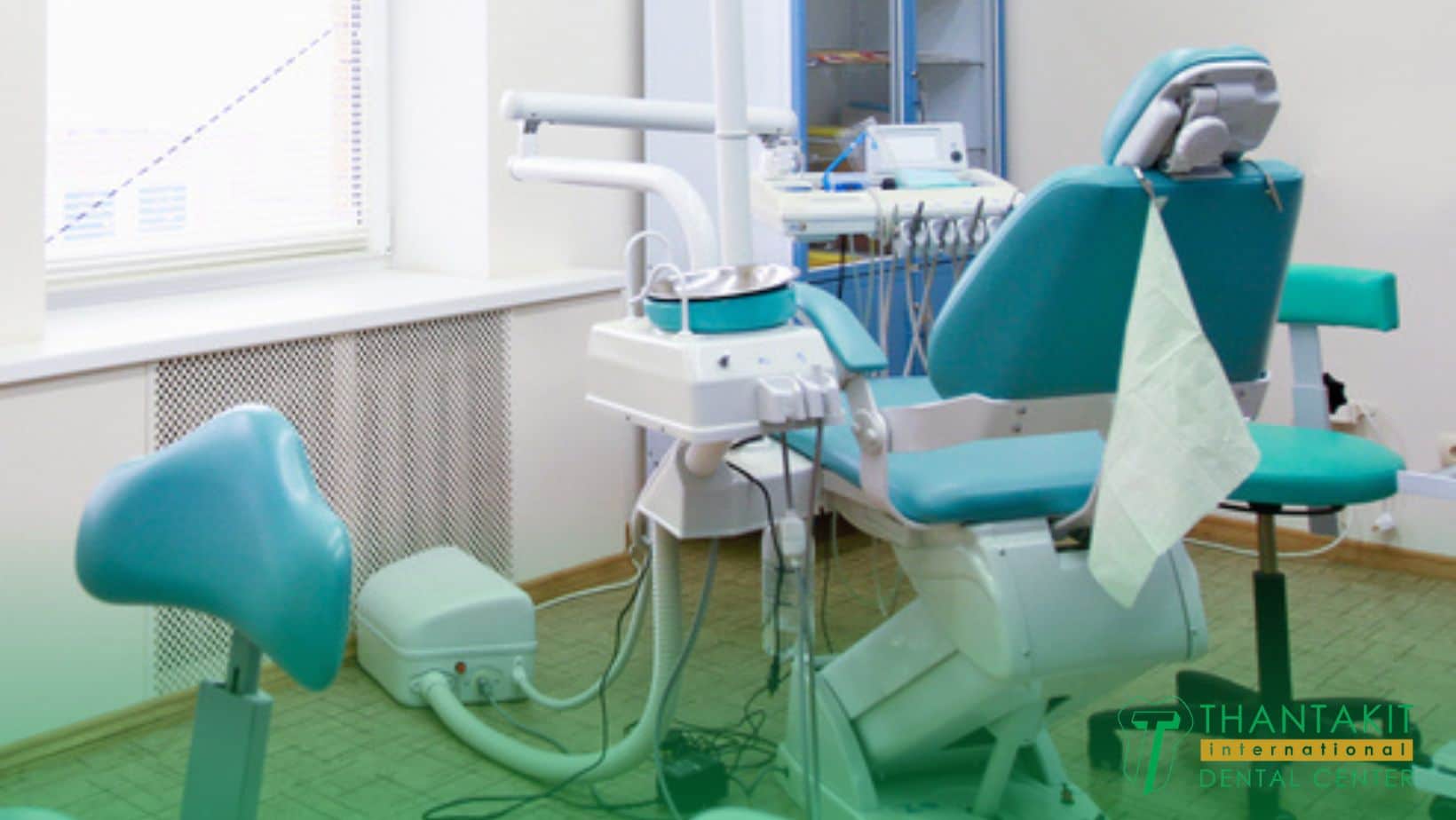
Get a Regular Dentist Checkup Schedule for Oral Health
Go to the dentist once or twice a year. Have him inspect your mouth, gums, and teeth by getting them cleaned. He’ll get a better idea of whether or not you have tooth decay or gingivitis after prophylaxis dental cleaning.
Your dental checkup schedule may become more seasonal or regular depending on what dental procedure you have availed of, like getting adjustments for your braces or having weekly visits for dental implant surgery.
When undergoing a dental exam, expect the dentist to ask you the following questions.
-
Is your mouth free of lumps, bumps, or swellings?
-
Do your gums or mouth bleed after brushing or not?
-
Do you find it difficult to swallow, taste, or chew anything?
-
Do you have teeth that are sensitive or loose (as in moveable)?
-
Do you have any oral discomfort, dental or gum pain, or mouth sores?
-
Have your gums, mouth, or teeth recently undergone any sudden changes?
-
When was your most recent dental appointment? Why did you schedule the appointment in the first place?
Take note of your dental and oral health history and keep your records. If you’re moving from one dentist to another, share your dental records from your previous dentist to your new dentist.
The dentist will also examine the following areas as you undergo your oral and dental exams.
-
He’ll check the inside of the mouth, including the tongue.
-
He’ll look for skin discoloration, moles, or sores on your neck and face.
-
He’ll check the inside of your cheeks for ulcers, injuries, and infections.
-
He’ll check if your temporomandibular joint makes any clicking or popping noises.
-
He’ll check your lymph nodes and salivary glands to ensure there is no swelling or lumps.
-
He’ll check the fit of the upper and lower jaws when you open and close your mouth to ensure that there are no problems with your bite.
Your dentist will then ask about your dental appliances (like dentures, retainers, or braces) if you wear any, particularly when you remove them and wear them (if they’re the removable type of appliance).
From there, he’ll check if the contact points in the areas of your mouth where the appliances are placed have any issues with irritation.
Depending on how severe your periodontal disease has become, you could also find yourself doing some deep cleaning, scaling, and debridement. Your dentist checkup schedule is typically done on a case-by-case basis.
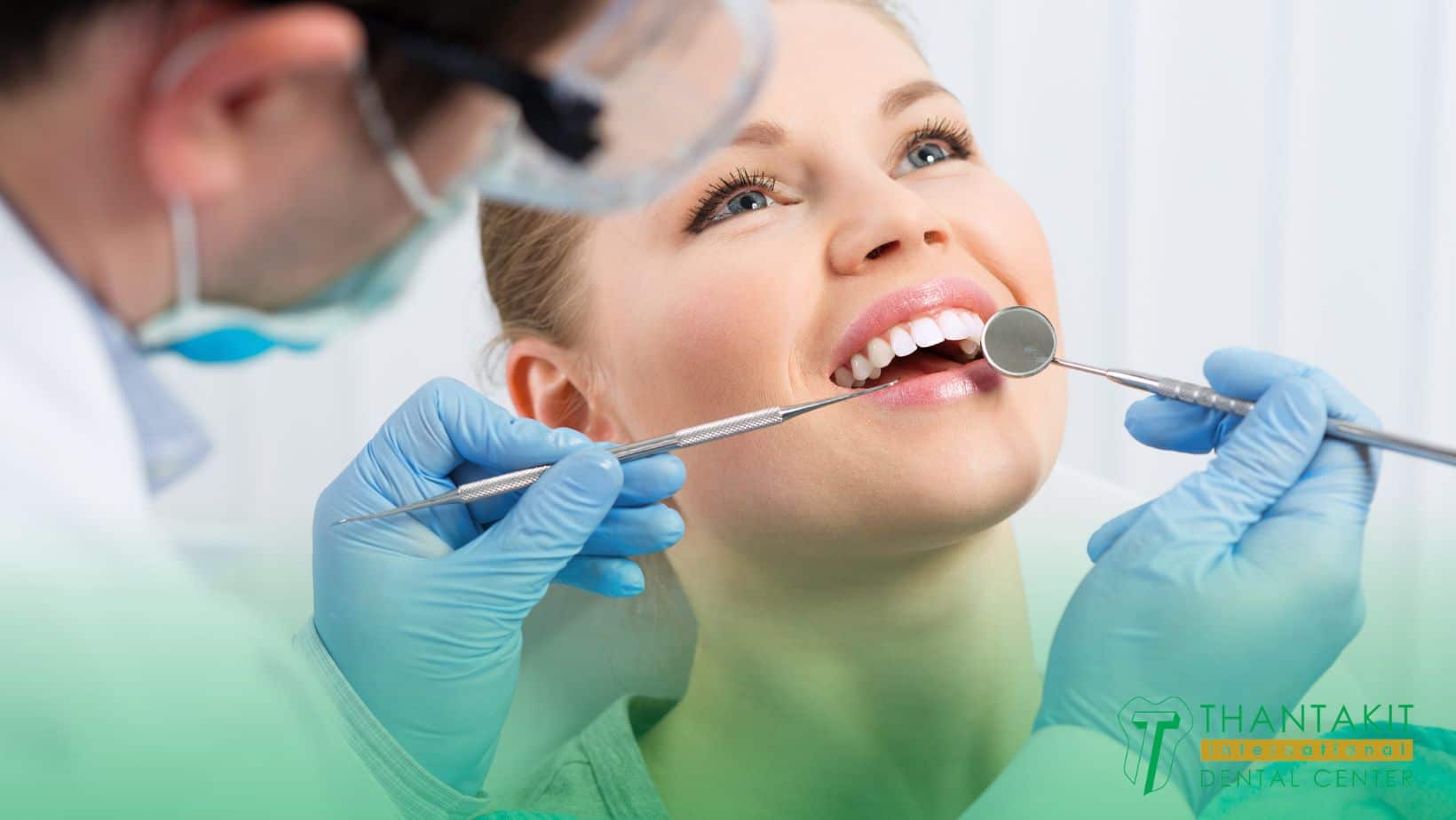
What about Dental Care Financial Aid?
Suppose you’re having difficulties affording out-of-pocket dental care for your once-a-year or twice-a-year dentist visit. In that case, you can avail yourself of dental insurance premiums or discounts from your local dental centers.
You can also get sponsored assistance programs from public health clinics and dental school clinics to avail yourself of checkups and procedures at reduced rates. If that’s not enough, feel free to look into dental tourism in Thailand with the Thantakit Dental Center!
Thantakit International Dental Center is Thailand’s longest-established dental center. Situated in Bangkok, our clinic is renowned across the world as a destination for world-class dentistry, with most of our patients flying to us from Australia.
Please contact us today and get a FREE dental consultation.
